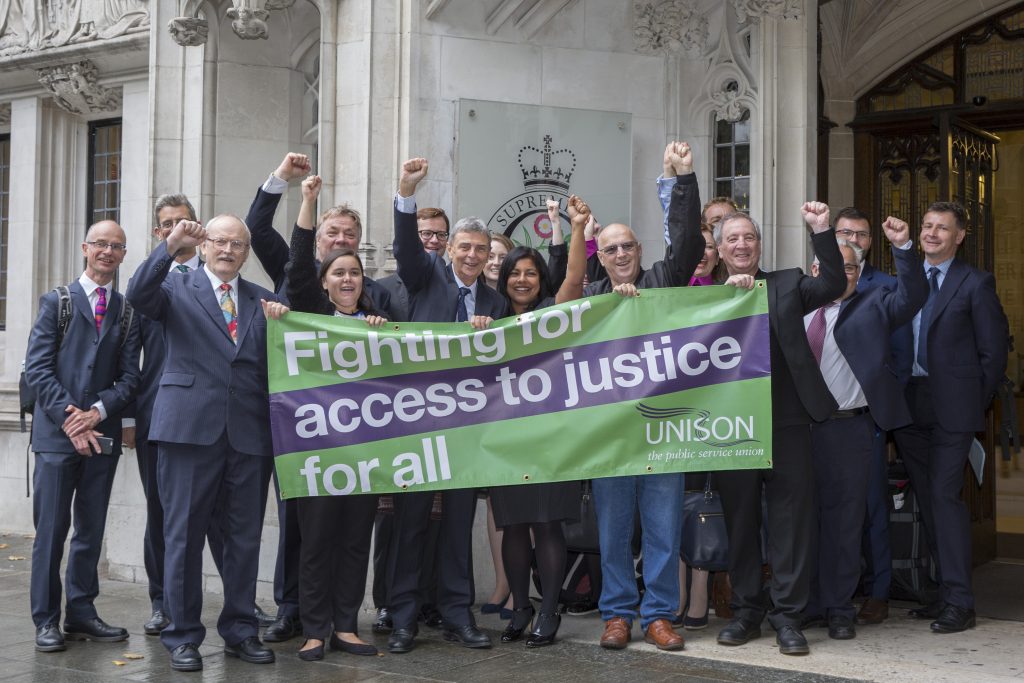By UNISON’s head of environment, Donna Rowe-Merriman
Shadowy overseas private equity firms have sucked all the good out of Thames Water and saddled it with billions of pounds of debt. So reports that it is scrambling to find extra cash, after handing out millions of pounds to shareholders and bonuses to top bosses in recent years, are hardly surprising.
Even its shareholders won’t keep it afloat, having refused to pay £500m by the end of the month, saying regulatory requirements make its business plan “uninvestable”, and insisting that bills must go up – company boss Chris Weston told the BBC today that they need to rise by 40%.
It’s clear that the business model for Thames Water has failed and the company is unviable.
The company is privately owned by a mix of people and businesses. The consortium of pension funds and sovereign wealth funds owns the entire business. The largest shareholder, as of July 2023, is the Canadian pension fund Ontario Municipal Employees Retirement System (Omers) with approximately 32%.
Mr Weston also stated that it was “business as usual” at the company. The business appears to be lurching from one crisis to another, leaving staff with an uncertain future and customers facing ever more massive bills.
In the 21st century, the issue of water pollution is a national disgrace. The government and regulator have failed to stop water companies to pollute our rivers, canals and coastline.
Saturday’s Boat Race organisers have issued new safety guidance for the races, warning rowers not to enter the water and to cover any open wounds, after high levels of E.coli bacteria were found on the River Thames course.
Provision of water should never have been privatised, allowing millions to be taken out of the industry to line the pockets of shareholders and company executives, while infrastructure was allowed to crumble.
The government must intervene and take control of a business and renationalise Thames Water and now.
The article Opinion: Thames Water makes case for renationalisation … now! first appeared on the UNISON National site.
